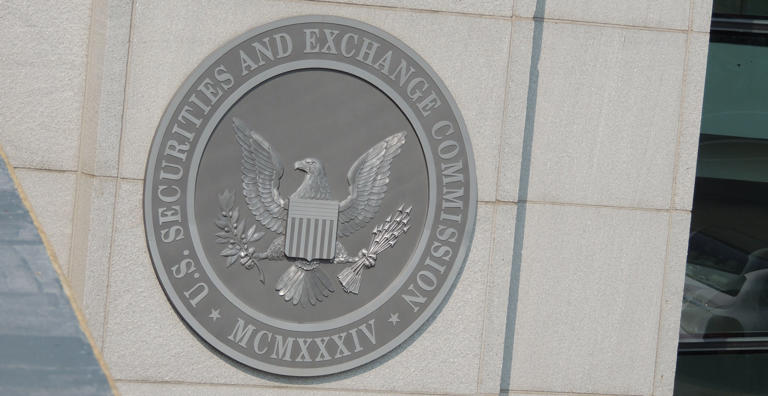Key Takeaways:
- A U.S. court ruled on Friday that trading certain crypto assets on secondary markets, such as Coinbase, is considered securities transactions.
- The ruling came as part of a default judgment against Sameer Ramani, one of the three individuals accused in the insider trading case.
On March 1, in the context of an insider trading case involving Ishan Wahi, a former product manager at Coinbase, along with his brother Nikhil Wahi and their friend Sameer Ramani, a U.S. court delivered a significant ruling. The court determined that the trading of specific crypto assets on secondary markets, such as Coinbase, constitutes securities transactions.
In its ruling, the court emphasized that its analysis applied even to Ramani’s trading of tokens on secondary markets. It pointed out that each issuer continued to represent the profitability of their tokens, even as they were traded on secondary platforms. Consequently, the court determined that all the crypto assets Ramani purchased and traded constituted investment contracts under the Howey test.
This critical stance was taken as part of a default judgment against Ramani, who failed to respond to the court summons or appear in court. The default judgment is typically issued when a defendant does not participate in legal proceedings.
The court noted that Ramani appeared to have fled the country to avoid facing criminal prosecution for the alleged actions in the case.
It’s worth noting that in May 2023, the SEC settled charges with Ishan Wahi and Nikhil Wahi in what it described as the “first-ever insider trading case involving cryptocurrency markets.”
The judgment against Ramani carries significant weight, particularly amidst ongoing debates within the crypto industry and among regulators like the SEC regarding the classification of cryptocurrencies as securities. While the industry and platforms like Coinbase have argued against such classification, SEC Chair Gary Gensler has consistently contended that many cryptocurrencies meet the criteria of securities and thus should fall under the SEC’s purview.
This recent ruling isn’t the first instance of a U.S. court deliberating on whether certain crypto sales constitute unregistered securities, whether they occur on secondary platforms like exchanges or elsewhere. In previous cases, such as the Ripple and Terraform Labs disputes, different rulings have been issued, reflecting the complexity of the legal landscape surrounding cryptocurrencies.
In Ramani’s case, the court imposed several measures to address the violations. These include prohibiting Ramani from future infractions, imposing a civil penalty totaling twice the calculated proceeds gained by Ramani, amounting to $1,635,204, and ordering disgorgement of the identified proceeds, totaling $817,602. However, the court declined the SEC’s request to apply prejudgment interest in this instance.
